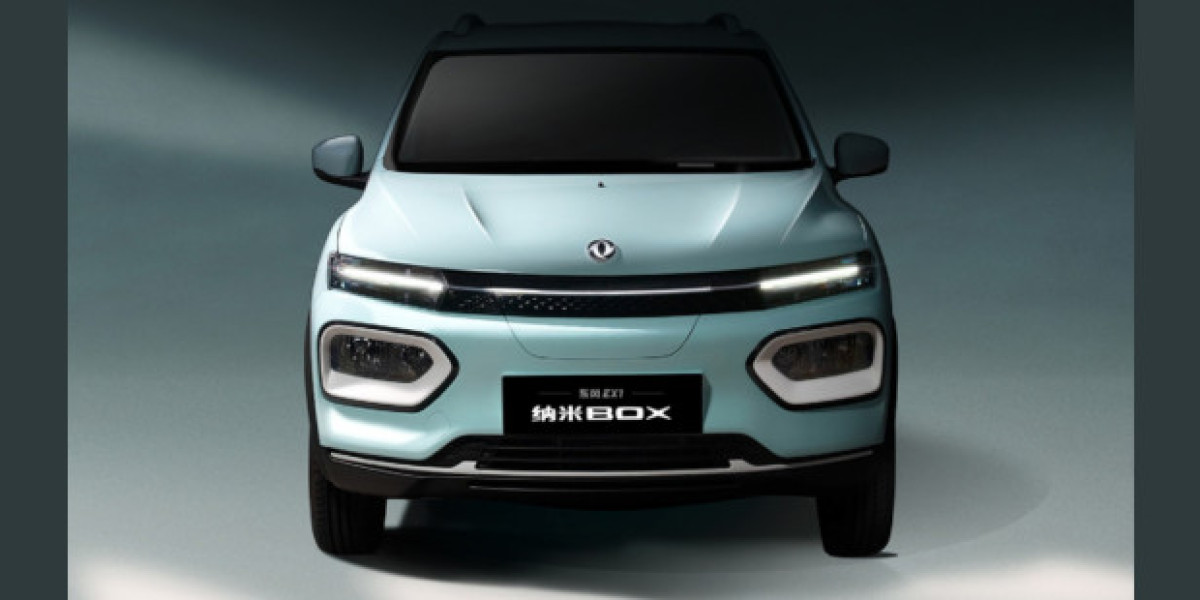Introduction
Electric cars are no longer just a futuristic concept; they are a growing reality, even in countries like Pakistan. The shift towards electric cars in Pakistan is not just a trend; it's a significant step towards a sustainable future. As global concerns about climate change and environmental degradation intensify, the importance of reducing our carbon footprint is more apparent than ever. Pakistan, though a latecomer to the EV revolution, is gradually embracing this change, and it's crucial to understand what this means for the country's automotive landscape.
The Rise of Electric Cars in Pakistan
Historical Context
Early Adoption of Electric Vehicles Globally
The global adoption of electric vehicles began over a decade ago, with countries like Norway, the Netherlands, and China leading the charge. These nations recognized the potential of EVs to reduce greenhouse gas emissions and lessen dependence on fossil fuels. Over the years, the technology has advanced, making electric cars more affordable and accessible to the general public.
Pakistan’s Initial Steps Towards Electrification
Pakistan, on the other hand, has been slower to catch up. The country’s automotive industry has long been dominated by traditional internal combustion engine (ICE) vehicles, but recent developments indicate a growing interest in electrification. The government's introduction of the National Electric Vehicle Policy (NEVP) in 2019 marked a significant milestone, signaling a commitment to promoting electric mobility in the country.
Current Market Scenario
Market Growth Statistics
In the past few years, Pakistan has seen a noticeable increase in the number of electric vehicles on the roads. While the market is still in its infancy, the growth rate is promising. According to recent reports, the sales of electric vehicles have surged by over 50% in the last two years, indicating a rising demand among consumers.
Key Players in the Pakistani Market
Several automotive companies, both local and international, have entered the Pakistani market, offering a range of electric vehicles. Brands like MG, Hyundai, and KIA have introduced their electric models, while local manufacturers are also exploring opportunities to produce affordable EVs for the masses.
Why Electric Cars Are Becoming Popular
Environmental Concerns
Reducing Carbon Footprint
One of the primary reasons for the growing popularity of electric cars is the environmental benefit they offer. EVs produce zero tailpipe emissions, which significantly reduces the overall carbon footprint. In a country like Pakistan, where air pollution is a major concern, the adoption of electric vehicles could play a crucial role in improving air quality and public health.
Government Initiatives for Green Energy
The Pakistani government has also been actively promoting green energy initiatives to combat environmental challenges. The NEVP includes various incentives for EV buyers, such as reduced import duties and tax exemptions, making electric cars a more attractive option for consumers.
Economic Factors
Cost of Ownership Compared to Traditional Vehicles
While the initial cost of electric vehicles may be higher than that of traditional cars, the long-term savings are substantial. EVs have lower running costs due to cheaper electricity prices and reduced maintenance requirements. Over time, this makes owning an electric car more economical than a gasoline-powered vehicle.
Subsidies and Incentives for EV Buyers
To further encourage the adoption of electric vehicles, the government offers various subsidies and incentives. These include tax exemptions, reduced registration fees, and lower customs duties on imported EVs. Such measures are designed to make electric vehicles more affordable for the average consumer.
Challenges Faced by Electric Cars in Pakistan
Infrastructure Issues
Lack of Charging Stations
One of the biggest challenges facing the widespread adoption of electric vehicles in Pakistan is the lack of adequate charging infrastructure. While some charging stations have been set up in major cities, the network is still sparse, making it difficult for EV owners to travel long distances without worrying about running out of power.
Grid Capacity Concerns
In addition to the limited number of charging stations, there are concerns about the capacity of Pakistan’s electrical grid to support a large number of electric vehicles. The country already faces frequent power shortages, and the increased demand from EVs could strain the grid further unless significant upgrades are made.
High Initial Costs
Price Comparison with Conventional Cars
The high initial cost of electric vehicles is another barrier to their adoption. Although the long-term savings are significant, the upfront cost can be prohibitive for many consumers. When compared to conventional cars, electric vehicles are still relatively expensive, which may deter potential buyers.
Import Duties and Taxes
Despite the government’s efforts to reduce import duties on electric vehicles, the taxes and fees associated with importing EVs can still be high. This adds to the overall cost of the vehicle, making it less accessible to the average consumer.
Consumer Awareness
Misconceptions About Electric Cars
There are also several misconceptions about electric cars that need to be addressed. Some people believe that electric vehicles are not powerful enough or that they have limited range, which can discourage them from considering an EV. Educating the public about the capabilities and benefits of electric vehicles is essential to overcoming these misconceptions.
Efforts to Educate the Public
Various organizations and government bodies are working to raise awareness about electric vehicles in Pakistan. Through campaigns, workshops, and informational resources, they aim to educate consumers about the benefits of electric vehicles and dispel common myths.
The Future of Electric Cars in Pakistan
Government Policies and Regulations
National Electric Vehicle Policy
The National Electric Vehicle Policy is a comprehensive framework designed to promote the adoption of electric vehicles in Pakistan. It outlines various incentives for manufacturers and consumers, as well as targets for reducing emissions and increasing the number of electric vehicles on the road.
Long-Term Vision for EV Adoption
The government’s long-term vision for electric vehicles includes a target of having 30% of all vehicles in Pakistan be electric by 2030. This ambitious goal reflects the country’s commitment to reducing its carbon footprint and promoting sustainable transportation.
Potential Market Growth
Projections for the Next Decade
Industry experts predict that the electric vehicle market in Pakistan will continue to grow at a rapid pace over the next decade. As the technology becomes more advanced and affordable, more consumers are expected to make the switch to electric vehicles.
Opportunities for Local Manufacturers
There are also significant opportunities for local manufacturers to enter the electric vehicle market. By producing affordable electric cars tailored to the needs of Pakistani consumers, local companies can play a crucial role in driving the adoption of EVs in the country.
Conclusion
The growing trend of electric cars in Pakistan is a positive development that has the potential to transform the country’s automotive landscape. While there are still challenges to overcome, the future looks promising. With continued support from the government, advancements in technology, and increased consumer awareness, electric vehicles could soon become a common sight on Pakistani roads.



